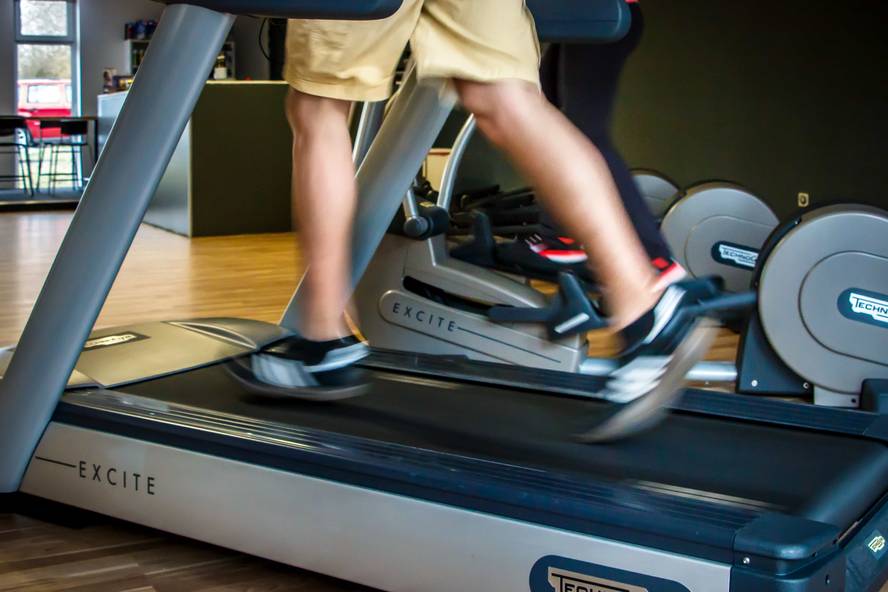Exercise can improve the symptoms and subjective well-being of people with schizophrenia
A team from the UPV/EHU and the Psychiatric Hospital of Álava have investigated the subjective experiences of schizophrenic people who followed a physical exercise program designed to improve their physical and mental health. And based on the experience of these people, they have come to the conclusion that exercise not only improves the physical aspect, but also other aspects.
In fact, according to the researchers, schizophrenia presents three types of symptoms: positive, negative, and cognitive. Positives can be delusions or hallucinations and can usually be treated with medication. However, for the negative symptoms (decay, lack of energy, apathy) there are no valid medications, but they have observed that exercise can improve this type of symptomatology.Physical exercise is a kind of brain modulator, which increases the presence of certain proteins and improves brain plasticity. Thus, functional and structural adaptations are produced in the brain related to improvements in learning, memory and cognitive function.
During the research, participants diagnosed with schizophrenia received an intensive program of concurrent physical exercise (combining aerobic parts with a force and resistance circuit) outside the hospital for five months, three times a week. Qualitative data were collected through individual semi-structured interviews, organized and analyzed through thematic analysis. The results have shown that patients consider that the out-of-hospital physical exercise program can be a complement of broad acceptance and great benefit for their usual treatment, demonstrating that physical exercise has helped them to break the mind of their problems.
Therefore, researchers consider that it would be good if there were a sports physical educator in psychiatric hospitals to design and execute exercise programs adapted to users.






